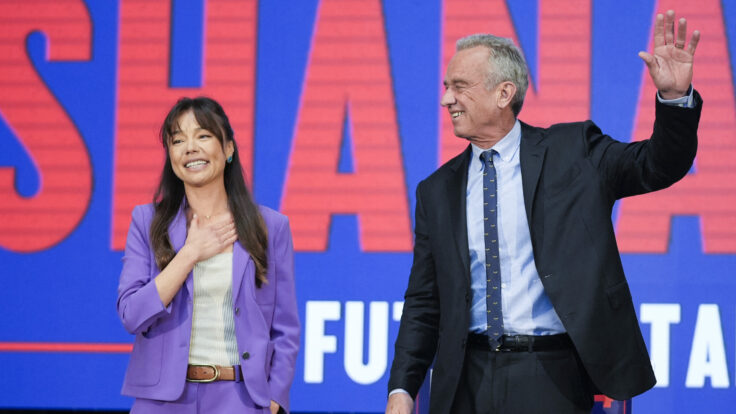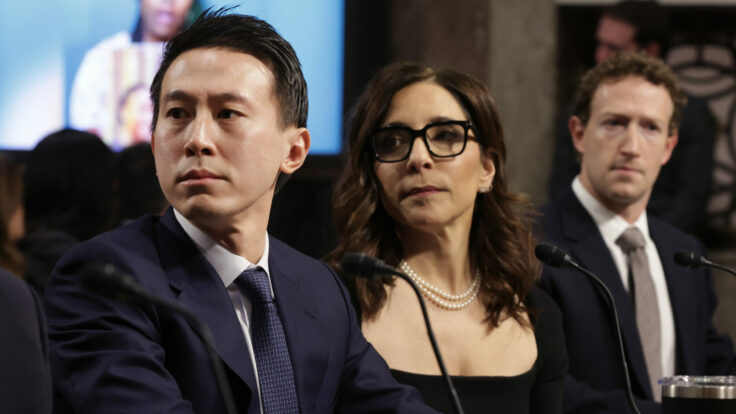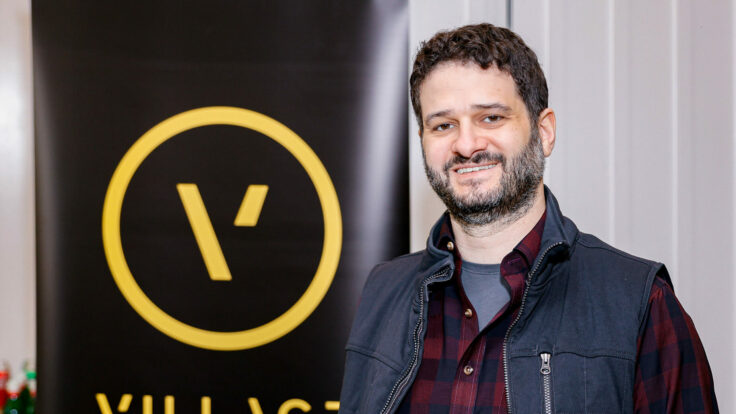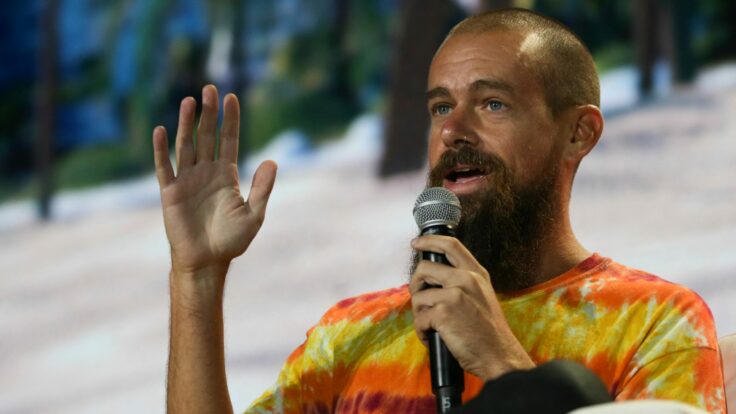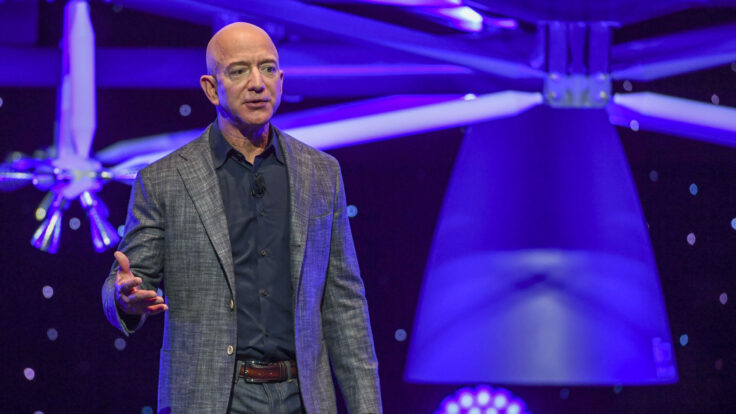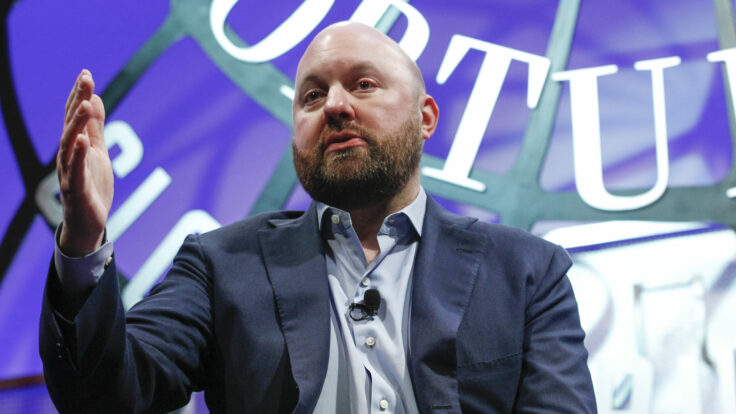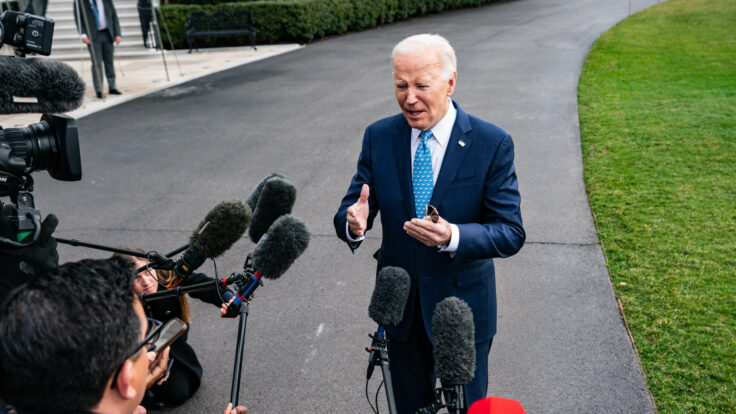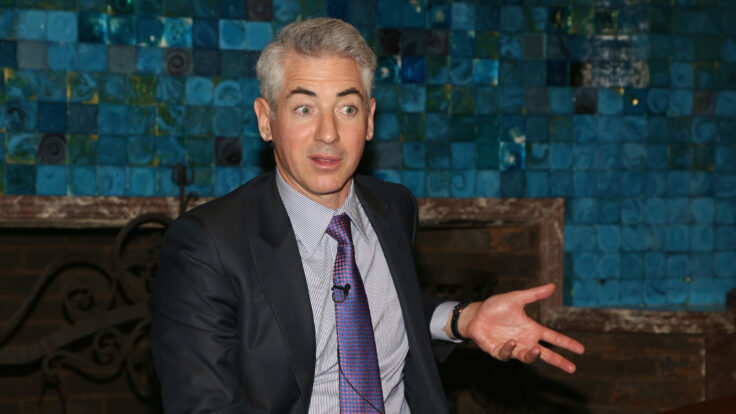For months, I’d been hearing the same canard out of Trump’s camp when it came to DeSantis’s political future: he’s too online and his campaign thinks Twitter is the real world. Funny coming from MAGA world, which is itself very online, but it’s true that DeSantis and his political apparatus, in seeking to outflank Trump’s populism, seemingly took many of their cues and talking points from whatever acronyms were obsessing right wing social media: C.R.T. in schools, D.E.I. in the boardroom, L.G.B.T.Q., well, anywhere. Instead of fighting the mainstream media, like Trump, DeSantis has avoided it almost entirely, relying on Twitter surrogates, like Christina Pushaw, to engage with journalists.
The majority of the MAGA power structure that DeSantis has attempted to court was nevertheless befuddled by his insistence on literally rolling out his campaign on Twitter, taking the too-online metaphor to its apotheosis. By now, you’ve probably seen the recaps: a 20-minute delay, the audio-only livestream continually crashing, the oddly monotonous way that DeSantis delivered his speech, the manner in which even Fox News dunked on his announcement by calling it “amateur hour”—brutal.









